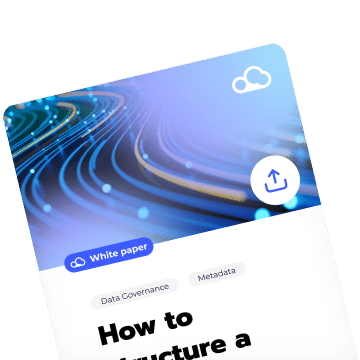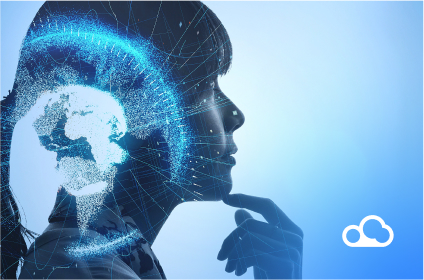DataOps and DevOps are terms often used interchangeably, but they refer to distinct approaches to software development and management. While DevOps focuses on improving collaboration and communication between developers and IT operations teams, the former focuses on managing and integrating data within the software development process.
In this blog, we will explore the key differences between these two approaches and discuss why they are essential for modern organizations.
Introduction
DevOps is a way of working that promotes collaboration among various actors and process automation to increase efficiency in developing and delivering software. In contrast, DataOps is a collaborative practice inspired by agile DevOps techniques. It is used to generate value more quickly and to improve data management. While they have similar work philosophies, they do, however, have a distinct point of differentiation.
DataOps and DevOps are both software development and management approaches aiming to improve collaboration and efficiency. However, while DevOps focuses on improving communication and collaboration between development and IT operations teams, DataOps focuses specifically on managing and integrating data within the software development process.
DataOps emphasizes the importance of timely and accurate data for informed decision-making and seeks to optimize the entire data lifecycle from collection to analysis. This includes practices such as data governance, data quality control, and data integration. In contrast, DevOps focuses more on integrating development and operations teams and using automation to improve the software development process.
What is DevOps?
DevOps is a collection of practices, tools, and philosophies that aim to improve an organization’s services and processes. This methodology employs agile approaches centered on software design (and more broadly on IT operations).
The development and operations departments form a single team under the DevOps model. They work together to be more efficient, responsive, and productive. They also rely on process automation to save time.
Overall, the objectives of this work method are to reduce the time it takes to develop and deploy software or services while constantly improving product quality.
What is DataOps?
DataOps, on the other hand, is a new approach to data projects based on DevOps and agile methods. DevOps, as previously stated, is a set of collaborative practices that bring teams together to work more efficiently. On the other hand, the agile method is a project management protocol that hinges on the customer.
In practice, DataOps adheres to the same principles as DevOps. However, this method is more applicable to data processing. This concept aims to make data collection and analysis easier and faster. DataOps promotes collaborative teamwork, agile tools and processes, and continuous project monitoring.
It aims to optimize the entire data lifecycle, from collection to analysis, to enable timely and accurate data-driven decision-making. This includes practices such as data governance, data quality control, and data integration. DataOps emphasizes the importance of collaboration and communication between data management and analytics teams and other stakeholders, such as development and IT operations teams. By improving the efficiency and effectiveness of data management, DataOps can help organizations gain valuable insights and drive innovation.
A shared emphasis on reliable data
Both DevOps and DataOps recognize the importance of timely and accurate data for informed decision-making, and both seek to integrate data management into the software development process. In this way, they share many similarities and can often be used in conjunction with each other to improve overall organizational performance.
Additionally, both methods share similar objectives:
- Gain a competitive advantage
- Improve the customer experience
- Inform decision-making, etc.
Conclusion
The ability of organizations to effectively manage and integrate data will be increasingly important for driving innovation and informed decision-making. With the proliferation of data and the increasing complexity of data management, organizations will need to have effective processes and tools in place to ensure that their data is timely, accurate, and accessible. DataOps can quickly and reliably integrate data from multiple sources will be crucial for organizations that need to make real-time decisions based on large and complex datasets.
Overall, the value of DataOps for organizations in the future will be to help them gain a competitive edge by leveraging their data assets more effectively.
—
Interested in learning even more about using your data as an asset to achieve higher levels of data governance and data quality? Book a demo today to get started on your organization’s journey to complete data lifecycle management with DataGalaxy!





